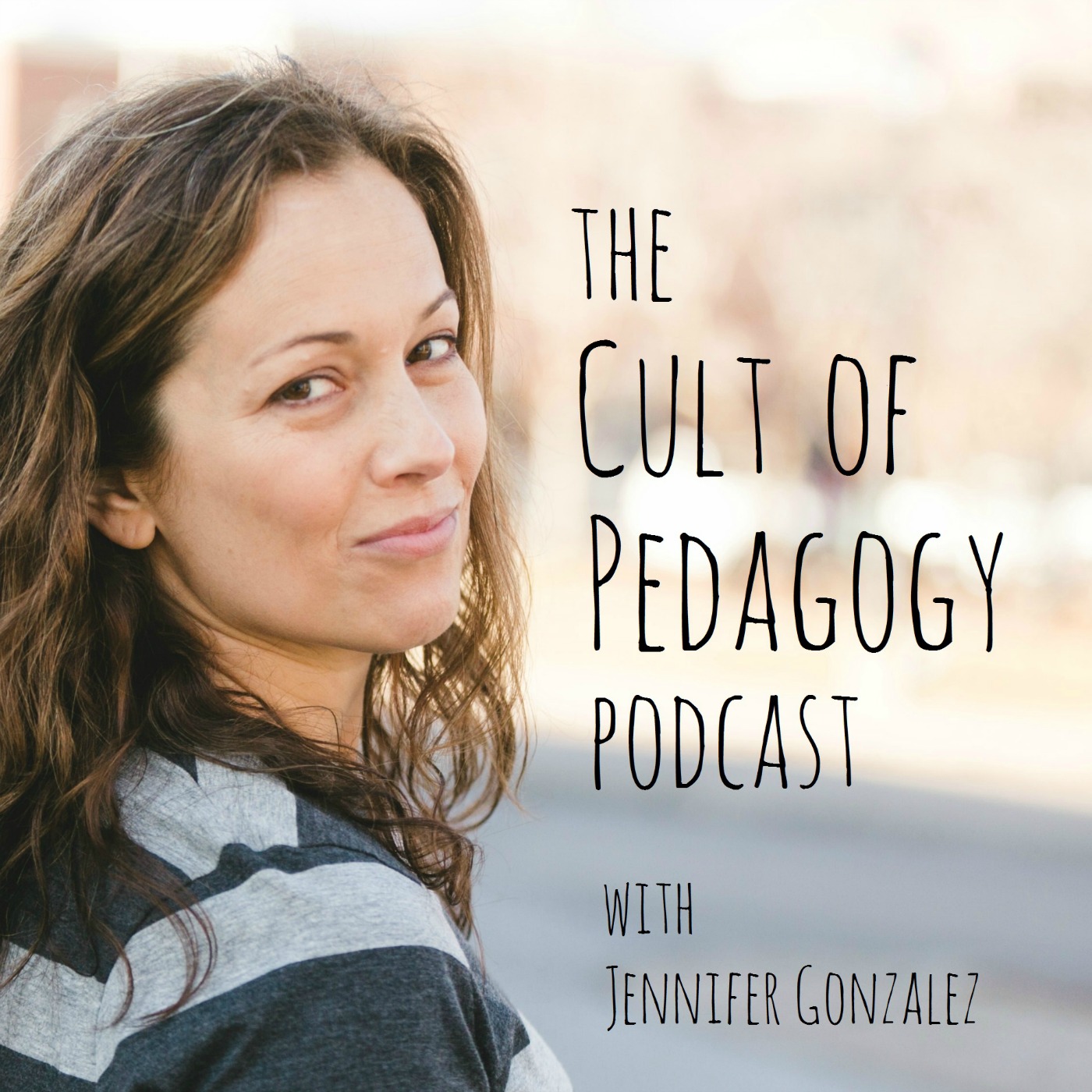Montessori is focused on functional independence such as potty training, holding onto things, washing hands, etc. Tasks build on one another as a student progresses. This requires close observation to see when a child is ready to attempt a new skill. Academics are insufficient to the whole child -- it's independence, concentration, capacity for sharing space, respecting other's space, etc.
Students typically have items they are responsible to complete throughout the week. Freedom and responsibility are key to the classroom.
State education standards are consulted as well as the Montessori framework and the progressions noted in the curriculum.
The teacher has suggested tasks laid out as well as repeated tasks. Sometimes, students will go beyond their grade level because they might be fascinated with a particular task.
25 students.
There is morning group time followed by 3 hours of independent work time when students select their activities out of their weekly agendas.
There is morning group time as a class followed by 3 hours of independent work time. This is when the students look at their agendas and choose which activities they want to do. Their goal is to complete all of the tasks in their agenda on a weekly basis.
It is important to reiterate to them to keep working at it and invite them to engage in the process. In Montessori programs, there are sometimes children who will always learn from the periphery.
If she feels that way, she removes herself from the situation.
She rarely has an issues. Some children and more apt to respond to situations with frustration than others. In this way, frustration is a positive way of processing and learning.
Specific questions and challenges are presented to kids. Research goes into these forms of assessment.
In the Montessori environment, you rarely see children who aren't motivated to learn something. Accommodations can be made in Montessori based on what may help a student learn. For example, if they have trouble concentrating and need to use their hands, perhaps crocheting or knitting could be incorporated into their learning, which isn't necessarily the case in the public school system.
First and foremost, it is an emotional experience.
Add explorative stations in classrooms that utilize the humanities and the arts.
